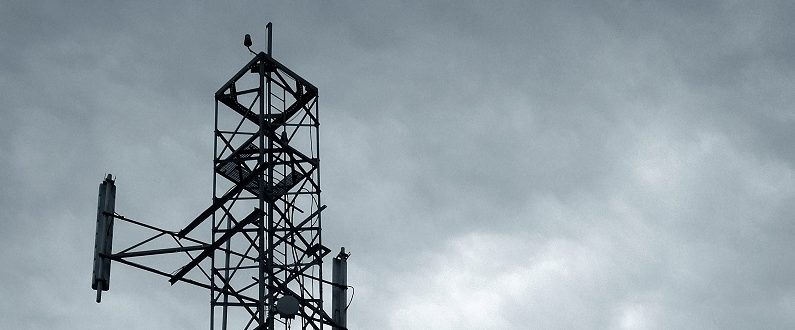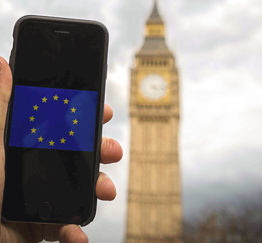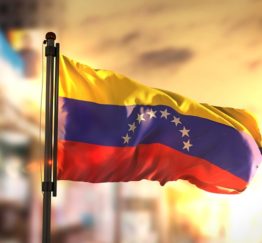Ericsson AB (EAB) in Sweden and Texas-based Ericsson Inc (EUS) have reached a $145,893 settlement agreement with the Office of Foreign Assets Control for conspiring with a third-country telecoms company to export and re-export a satellite hub and related services from the U.S. to Sudan.
The violations of the International Emergency Economic Powers Act (IEEPA) and the Sudanese Sanctions Regulations (31 C.F.R. part 538 (SSR)) were described by OFAC as egregious but that higher penalties were not imposed because Ericsson voluntarily self-disclosed the breaches. [i]
The saga began in 2011 when EAB entered into an agreement with a Sudanese subsidiary of a third country telecommunications company to provide equipment and services for telecoms upgrade work in Sudan.
Work got underway, but because the East African heat had caused Ericsson’s equipment to malfunction, EAB contacted EUS for help in the form of equipment and knowhow.
The EUS representative understood the risks involved. In an email, which was reproduced in an OFAC press release, the EUS individual said: “It is a serious matter and Ericsson can get fined and I can get fired.”
When Ericsson’s Export Compliance department got wind of the deal, they stated that any assistance would violate the company’s sanctions compliance policy. They stood their ground, even as they were provided explanation in email exchanges as to why the shipment should go ahead.
Despite that warning and in pursuit of the deal, the EAB and EUS parties involved went ahead with the transaction and agreed among themselves that if anyone questioned the export they were to answer that the end user country was Botswana. They went as far as to replace “Sudan” with “East Africa” in email communications.[ii]
The case highlights the fact not only is it important for companies to have robust export compliance solutions, such as for restricted and denied party screening and controlled good classification to name a few, they must also have procedures in place to ensure adherence.
The maximum penalty for the offence could have been more than half-a-million dollars. This was reduced because Ericsson self-disclosed the incident and fully cooperated with OFAC, Ericsson did not have OFAC violations in the previous five years and Ericsson’s immediate remedial actions taken, including beefing up its export compliance controls and policies, to prevent further such occurrences from happening again.
[i] ENFORCEMENT INFORMATION FOR JUNE 6, 2018. https://www.treasury.gov/resource-center/sanctions/CivPen/Documents/20180606_ericsson.pdf. Accessed June 12, 2018
[ii] Ibid.





